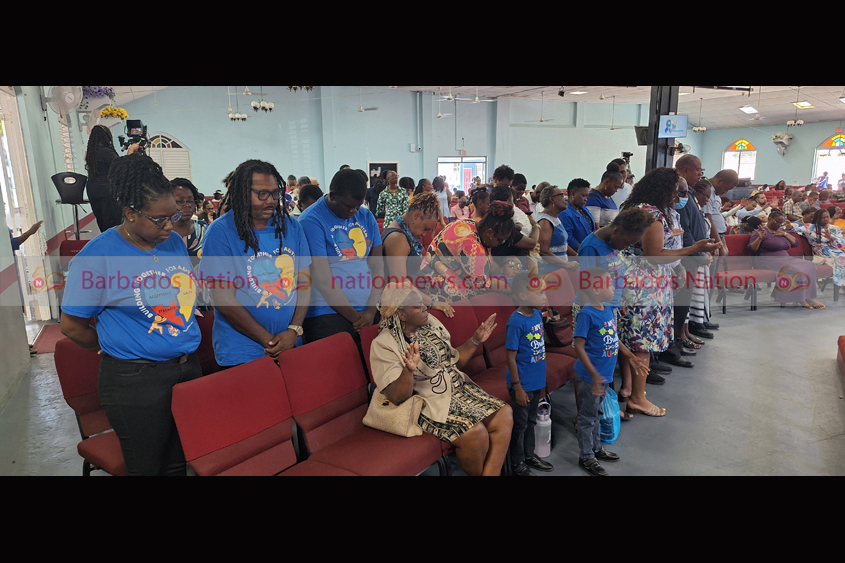

The Fair Trading Commission (FTC) has cleared the way for energy storage providers in the renewable energy sector to be paid thousands of dollars each month once their systems are connected to the electricity grid.
In an April 1 decision and order updating its original June 28, 2023 Review of the Energy Storage Framework ruling, the FTC said residential installations of battery energy storage systems (BESS) sized up to 25 kilowatts (kW) would receive a lower “final capacity payment” than determined two years ago “because residential installations do not face the same level of operational costs as larger commercial installations”.
The regulator also said that energy storage tariff (EST) payments to be made to BESS providers in the 25kW to one megawatt range are now higher compared to its 2023 decision.
However, it explained that despite this, the eventual impact on customers (ratepayers) was expected to be positive, assuming that “the energy discharged from the BESS will replace energy from more expensive fossil fuel plant, leading to a slightly lower Fuel Clause Adjustment”.
The FTC said it used the bill estimator tool on BL& P’s website in its analysis of the customer-related impact from the procurement of BESS via the EST. It found that the bill of a typical domestic customer who uses approximately 250kWh of electricity per month would have had a bill of $148.46 in December 2023 instead of $156.52, and one of $143.08 instead of $148.46 in January 2024.
The matter was before a panel comprising FTC chairman Tammy Bryan, and commissioners Dr Donley Carrington, Jerry Franklin, Jennivieve Maynard and Dr Ankie Scott-Joseph. The FTC said it has determined the following tariffs and associated size categories up to and including one megawatt (MW) based on levelised cost of storage (LCOS), which accounts for various parameters, including storage model and project components, and financial costs.
Capacity and services
Up to 25 kilowatts (kW) LCOS of $47.38 per kW a month for a two-hour battery; 25 kW to one megawatt (MW) LCOS of $37.72 per kW a month for a three-hour battery; and 25 kW to one MW LCOS of $46.21 per kW a month
for a four-hour battery.
The June 28, 2023 decision was up to 25 kW LCOS of $56.78 per KW a month for a two-hour battery; 25 kW to one MW LCOS of $33.95 a month for a three-hour battery; and 25 kW to one MW LCOS of $41.95 a month per kW a month for a four-hour battery.
“For the avoidance of doubt, using the example of a project utilising a one MW four-hour duration BESS, the corresponding monthly capacity payment would be $46 210, that is, $46.21/ kW-month x 1 000 kW,” the Commission explained.
The EST is a rate paid to energy storage providers for capacity and services and not a payment for energy discharged to the grid.
“The project owner shall receive no payments for energy discharged from the BESS system and the BESS system shall be charged with energy from the grid at no cost to the project owner,” the FTC said.
“The energy discharged from the BESS and all associated losses shall become the sole property and responsibility of the [Barbados Light & Power Co Ltd] as grid operator.”
The FTC, in consultation with the Ministry of Energy and Business, determined that the capacity allocation for the Energy Storage Framework is 50 MW with any combination of two-, three- and four-hour battery durations.
It added that the EST would be a fixed rate tariff with a ten-year duration based on the rationale that “this is an optimal way to attract long-term financing at the least possible cost, resulting in the quick uptake of energy storage allocation, and in turn facilitating further renewable energy deployment”.
There is a nine-part monitoring and administrative framework for the EST. It includes the collection of relevant data to assess the performance and viability of BESS projects, that all BESS systems are to be metered separately by BL& P, and the EST and associated framework shall be reviewed every two years. (SC)





